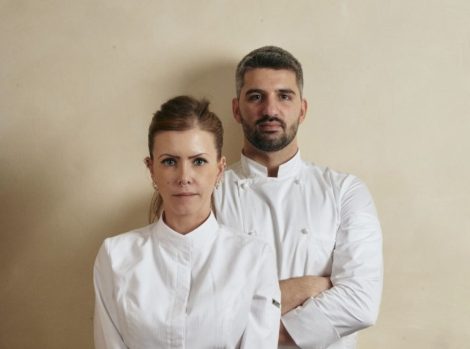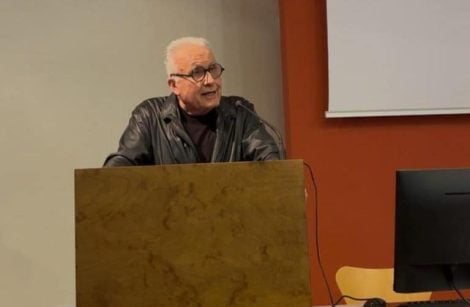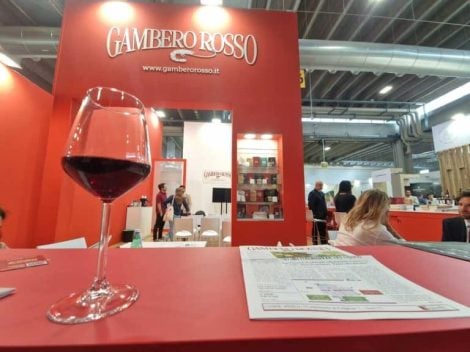by Carlotta Sanviti
Speculation and a lack of vision have transformed fine French wine into a mass-market product. The wine critic also points to the "en primeur" sales system as a culprit.
Crates of Bordeaux used as simple decor in a restaurant in Burgundy? It’s not just a surreal scene; it’s a symbol of disillusionment. The prestigious wine of France’s Bordeaux region, "is no longer served by sommeliers, not purchased by wine merchants, nor drunk by wine lovers." Thus, Michel Bettane, a French-born wine critic, harshly criticized the Bordeaux wine industry in World of Fine Wine magazine, exposing what no longer works in the region's internal market. From risky speculation to an indistinct quality, Bordeaux seems to have lost its prestige amid marketing, lack of vision, and an unstoppable decline.
The disappointing 2023 en primeur campaign
The 2023 en primeur campaign saw a drastic price reduction, dropping 30 percent compared to the 2022 vintage (360 euros per bottle versus 516 euros the previous year). Despite reduced volumes and high quality—"among the best ever released en primeur," Bettane notes—the market didn’t respond, disappointing many. As a result, bottles remain unsold: sommeliers and restaurateurs no longer want them, and wine enthusiasts show growing disinterest, influenced by disenchanted criticism (also from industry journalists). Bettane describes Bordeaux wine crates stacked as mere decor in a Burgundy restaurant, empty and filled with wines from other regions or countries. "We French have always enjoyed breaking the toys we no longer want," Bettane observes with a touch of irony. However, he finds it even more alarming that Bordeaux producers and distributors are unwilling to take responsibility for this failure.
Speculation and Bordeaux’s identity crisis
One of the gravest mistakes has been the obsession with speculation, which has tainted Bordeaux’s trade to the point of collapse. In prosperous years, Bordeaux accumulated profits through massive markups in a seemingly endless market. However, this "buy low, sell high" strategy led Bordeaux on an uncontrolled path, leaving consumers disillusioned and without touchpoints. For years, producers focused on surface aesthetics, marketing so-called petits châteaux to the mass market, with "empty labels sold without clear identity or real connection to the terroir. What did consumers know?" Bettane asks, admitting that this approach ultimately alienated the public: when the market became disillusioned, the crisis was already underway, and Bordeaux sales stalled, casting a long shadow over today’s trade.
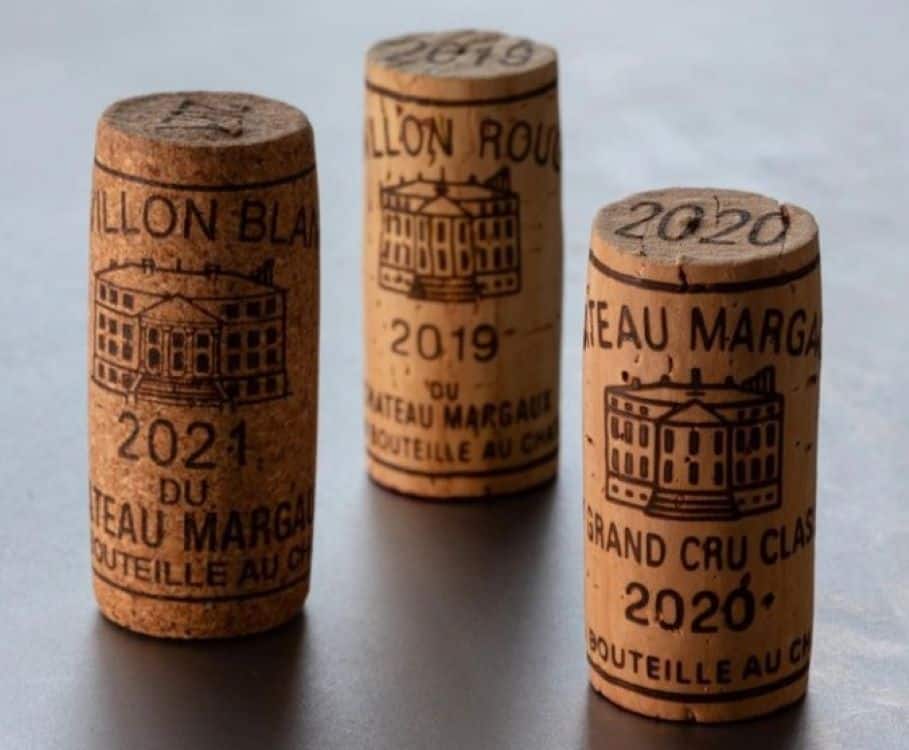
Bordeaux has become a mass-market product
The management of reputation and market positioning took different directions in France, especially when compared to Champagne. In Champagne, producers have succeeded in creating a solid identity in retail sales without sacrificing quality. Bordeaux counterparts, however, failed to preserve the value of their brand, turning Bordeaux into a mass-market product. The French critic highlights the lack of brand equity, describing it as a "shameful lack of vision" that, in his view, has reduced Bordeaux wine to a mere commodity. But the issue isn’t just label inflation and brand management. Bettane criticizes the en primeur sales system, in which customers buy bottles before they’ve aged, paying in advance based on ratings by "experts" and critics who, he notes, "often have no training" and rely on questionable scores. The illusion of easy gains through futures clashes with reality, where unsold or undervalued bottles are left on the shelves. This system has driven many buyers away, feeling deceived by an elitist and remote approach, and has led them to stop investing in Bordeaux wines.
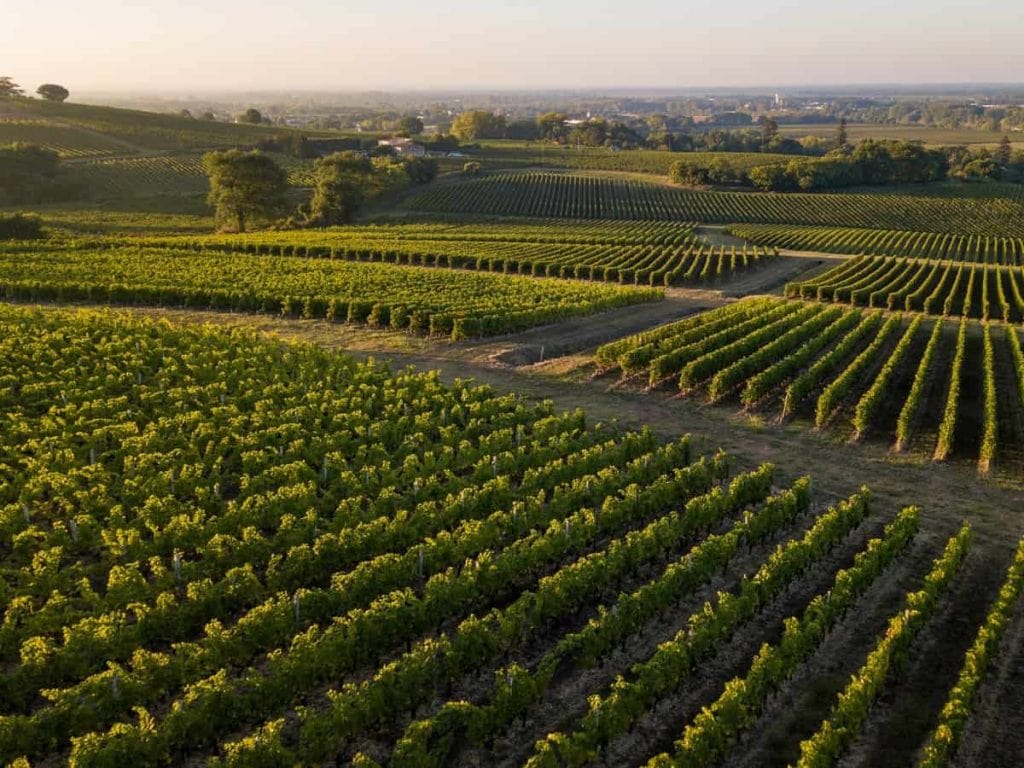
What future for Bordeaux?
According to Bettane, Bordeaux now has two possible paths. The first is to definitively lose its customer base, leaving the market only to the major labels, now purchased more as investment items than for drinking. Bordeaux, in this scenario, would become merely a status symbol for a few wealthy speculators. The other, perhaps riskier path, is to rediscover its identity and rebuild the value of its product. Bettane expresses indignation at the speculative trend and calls for a course correction. In his view, Bordeaux should return to being a region that values the quality of its terroir rather than feeding speculative bubbles that undermine the very essence of agriculture and wine.

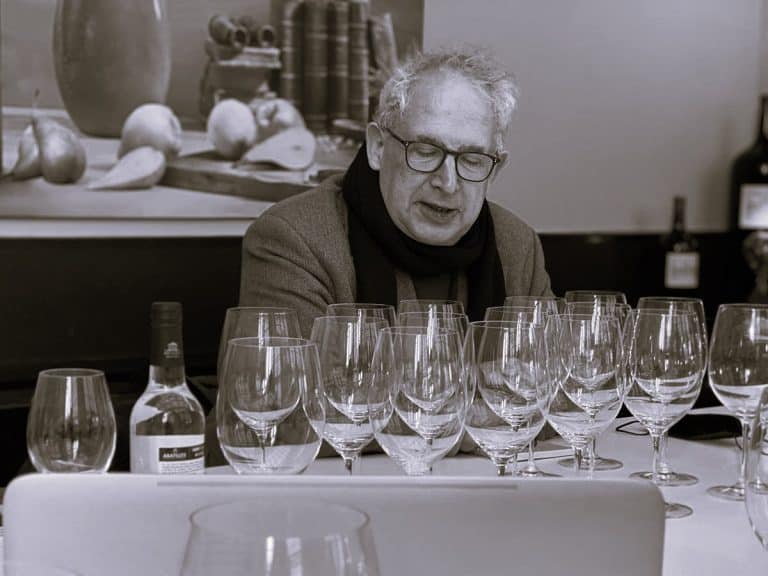
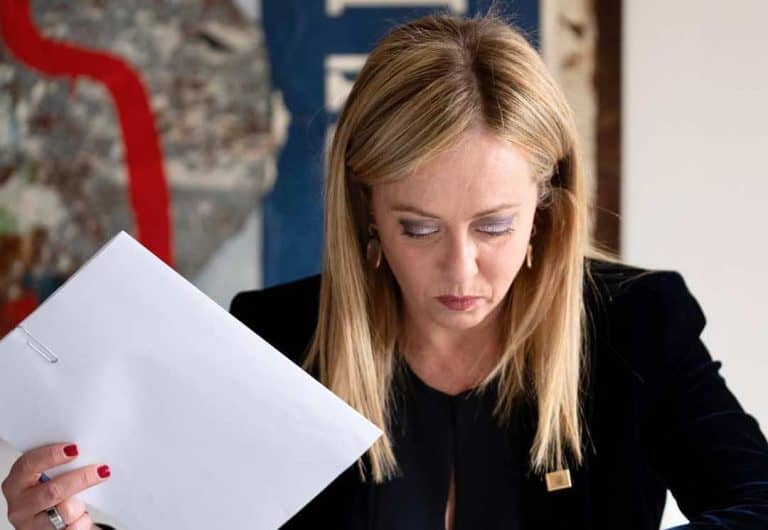 Meloni: "Tariffs? If necessary, there will be consequences. Heavy impact on agri-food sector"
Meloni: "Tariffs? If necessary, there will be consequences. Heavy impact on agri-food sector"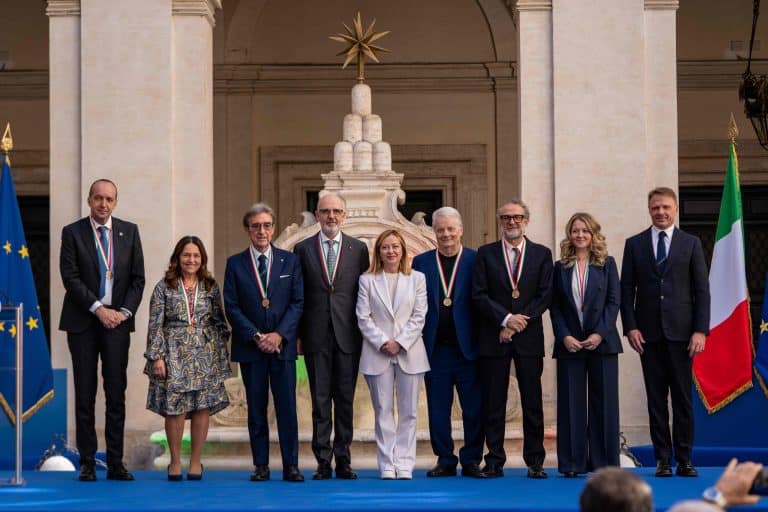 The Government honours the greats of Italian cuisine, from Bottura to Pepe. Massari: "Thank you, Meloni, the only one who listened to us"
The Government honours the greats of Italian cuisine, from Bottura to Pepe. Massari: "Thank you, Meloni, the only one who listened to us"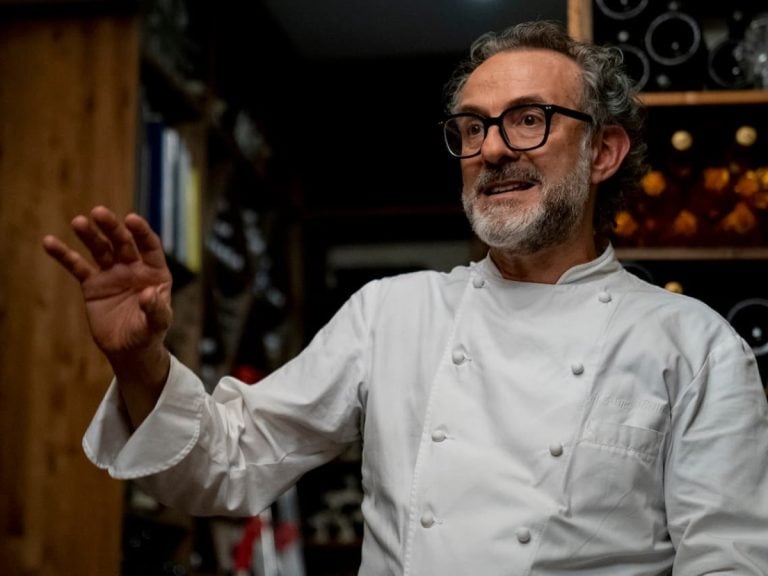 "We must promote a cuisine that is not just for the few." Interview with Massimo Bottura
"We must promote a cuisine that is not just for the few." Interview with Massimo Bottura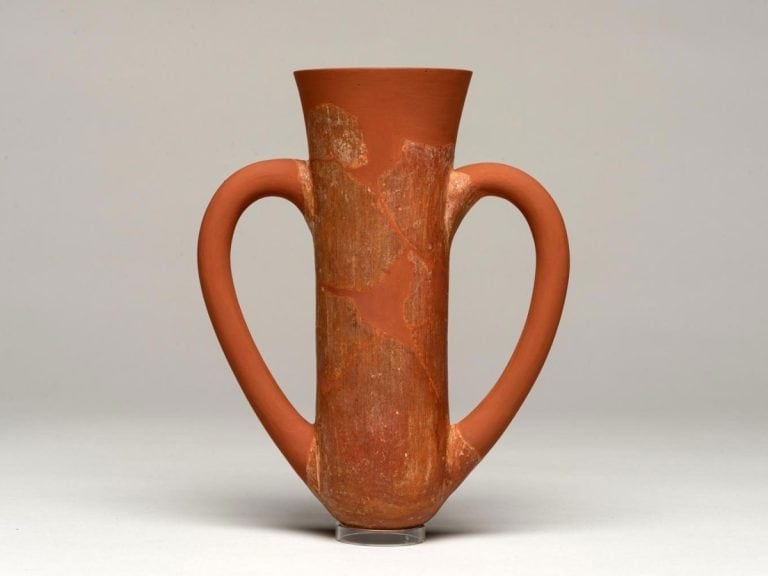 Wine was a drink of the people as early as the Early Bronze Age. A study disproves the ancient elitism of Bacchus’ nectar
Wine was a drink of the people as early as the Early Bronze Age. A study disproves the ancient elitism of Bacchus’ nectar "From 2nd April, US tariffs between 10% and 25% on wine as well." The announcement from the Wine Trade Alliance
"From 2nd April, US tariffs between 10% and 25% on wine as well." The announcement from the Wine Trade Alliance